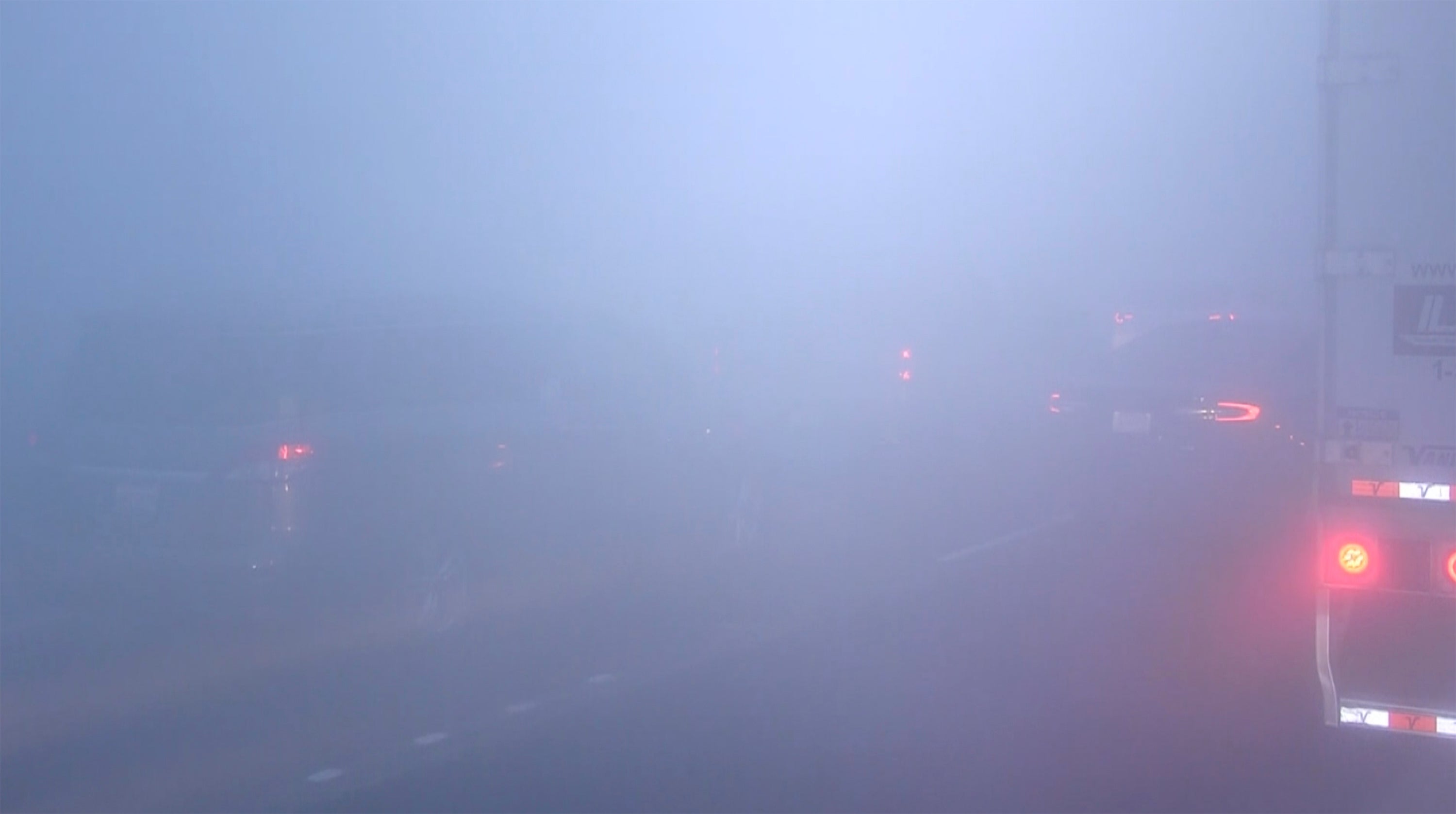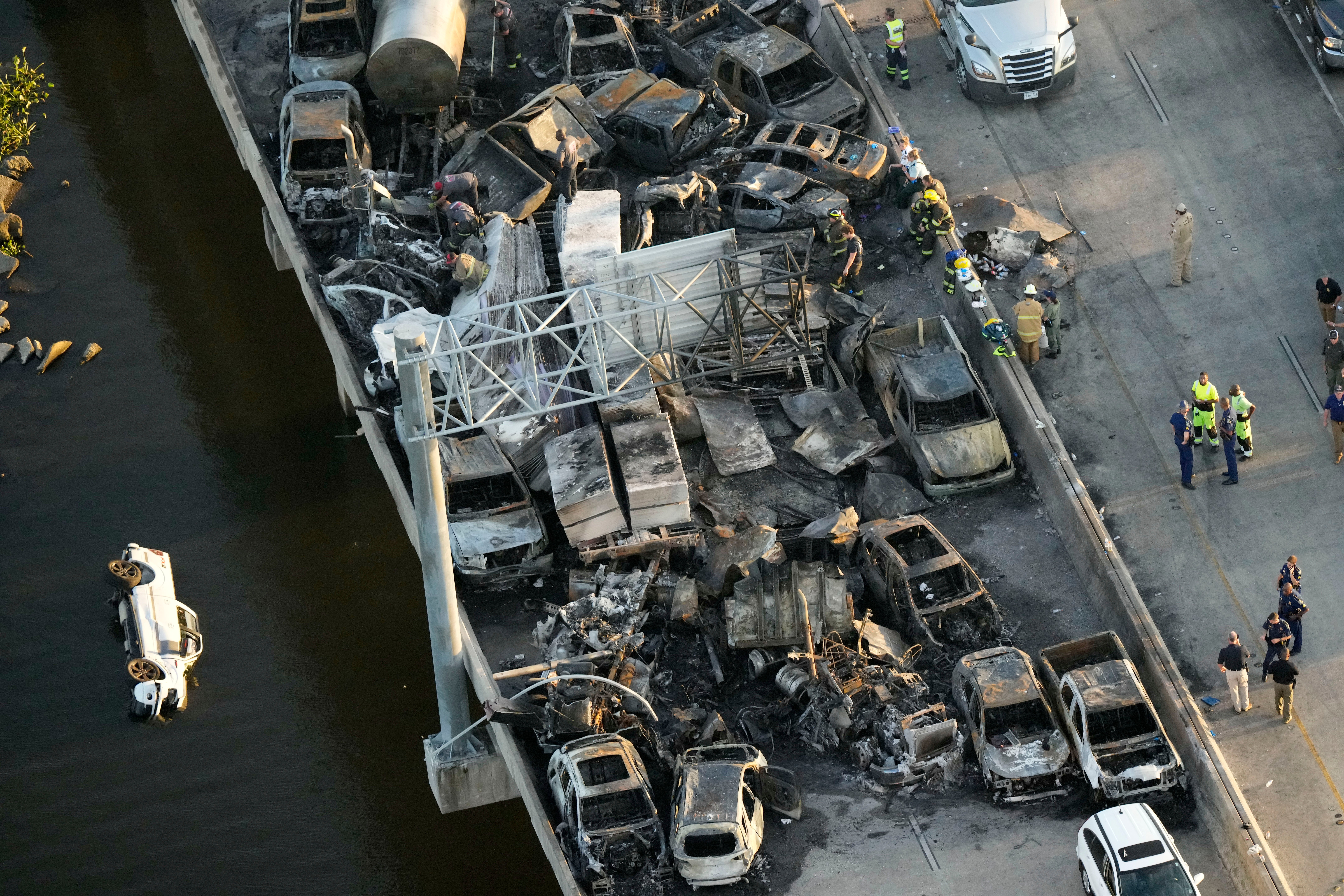Superfog sparks another deadly crash in Louisiana
Zero visibility weather took place weeks after 158-car crash that left seven dead in state
Your support helps us to tell the story
From reproductive rights to climate change to Big Tech, The Independent is on the ground when the story is developing. Whether it's investigating the financials of Elon Musk's pro-Trump PAC or producing our latest documentary, 'The A Word', which shines a light on the American women fighting for reproductive rights, we know how important it is to parse out the facts from the messaging.
At such a critical moment in US history, we need reporters on the ground. Your donation allows us to keep sending journalists to speak to both sides of the story.
The Independent is trusted by Americans across the entire political spectrum. And unlike many other quality news outlets, we choose not to lock Americans out of our reporting and analysis with paywalls. We believe quality journalism should be available to everyone, paid for by those who can afford it.
Your support makes all the difference.A thick “superfog” in Louisiana sparked another string of accidents, leaving one motorist dead just weeks after a huge and deadly pile-up in the state.
Police say that wildfire smoke from marsh fires mixed with dense fog early on Tuesday morning in the Irish Bayou near New Orleans.
The superfog caused near-zero visibility for drivers on I-10, which saw multiple accidents and the death of a male motorist.
New Orleans Police Department said that multiple people were taken to the hospital and sections of I-10 were closed in both directions.
Conditions in the area had cleared up by 11am, according to the National Weather Service, which had warned motorists to stay off the roads.

On 23 October, seven motorists died and around two dozen were injured in a series of accidents involving 158 cars on I-55 near New Orleans.
Weather experts say that an extreme drought in the region, which is expected to last further into winter, is worsening wildfires that contribute to the superfogs.
“During the late night and early morning hours, a temperature inversion sets up near the ground and can trap in smoke from nearby fires,” said AccuWeather Senior Meteorologist Alex Sosnowski.

“When the air is humid enough, as it was Tuesday morning, the air cools and becomes saturated and allows fog to form at the same time that smoke is present.
“When both conditions are present like they were Tuesday morning, and a couple of weeks ago when a deadly pileup crash happened, super fog can develop.”
Join our commenting forum
Join thought-provoking conversations, follow other Independent readers and see their replies
Comments